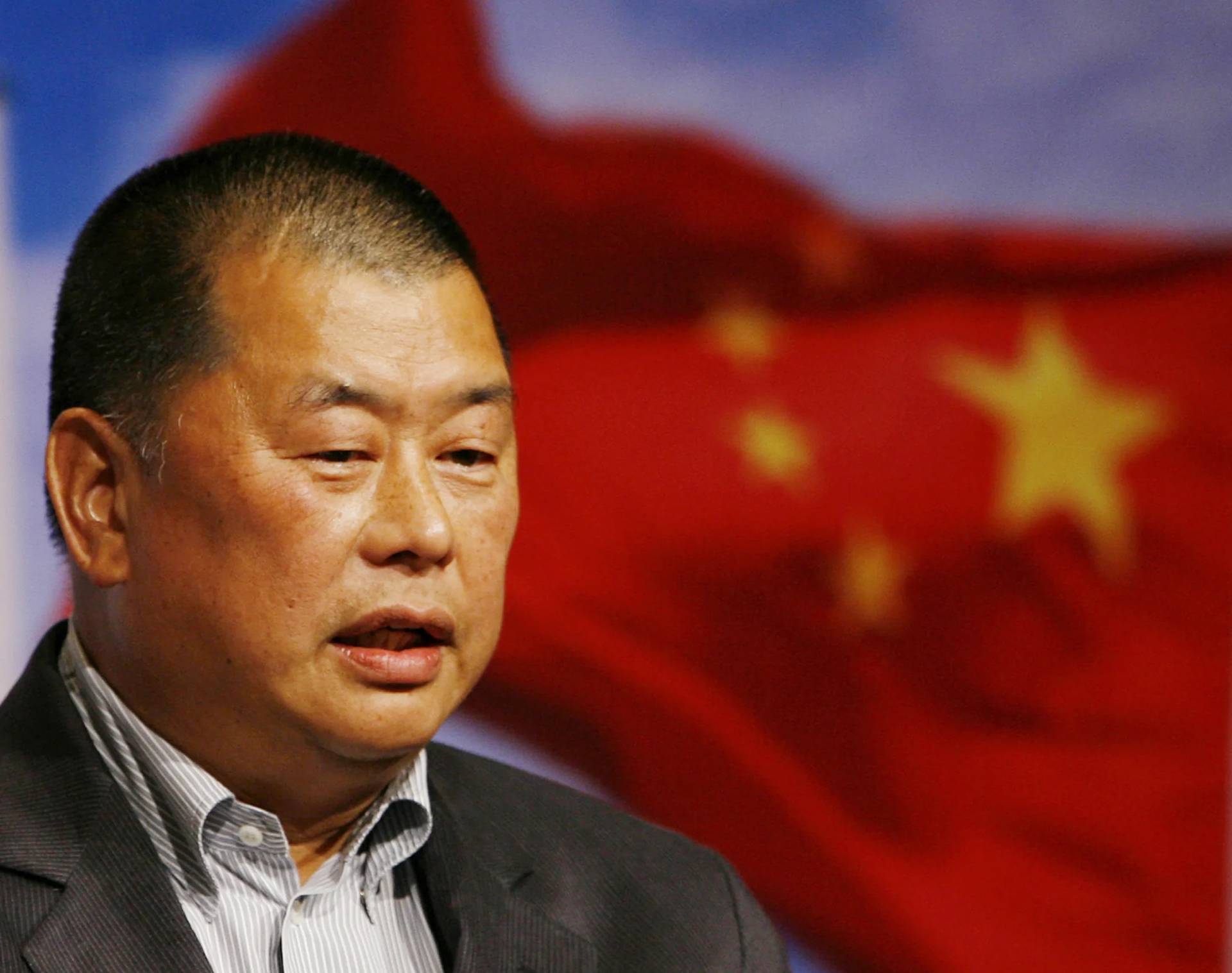ROME – Following Tuesday’s “definitive” acquittal of Asia Bibi, an illiterate Catholic mother of four who spent almost a decade on death row on blasphemy charges, one Asia expert says the next frontier for minorities in Pakistan is the press for full equality as citizens under the “rule of law.”
Paolo Affatato, head of the Asia desk for Fides News, which is the official news agency of the Vatican’s missionary department, told Crux that the Pakistani Supreme Court’s decision is “an historical moment and an important moment.”
The key, he said, is that the ruling is “definitive,” meaning “there can be no other legal appeal to examine the affair on a judicial level. It’s concluded.”
Having spent eight years on death row after being accused of blasphemy in 2010, Bibi initially was acquitted by the Pakistani Supreme Court in October 2018. When the verdict was announced, the extremist Tehreek-i-Labbaik party petitioned the court to overturn it, meaning she could not leave the country until the court issued its final ruling.
However, Pakistan’s Chief Justice Asif Saeed Khan Khosa dismissed that petition Tuesday, marking the end of a highly contentious case that has dominated international headlines for years. In that sense Bibi was a rarity, a victim of anti-Christian persecution who became a global cause célèbre.
According to Affatato, the final acquittal, while “courageous,” was expected, since it was issued by the same court, “which would have had to contradict itself” had it sent Bibi back to prison.
Not only had witnesses against Bibi disagreed among themselves about what transpired, Affatato said, but the complaint against her was not made until five days after the alleged incident, whereas Pakistani penal procedure requires that accusations be presented right away. The delay, according to Affatato, “was considered suspicious, as a way of confecting a false accusation,” and so made the acquittal more likely.
With the final hurdle behind her, Bibi is now free to leave the country as soon as her documents are in order.
Though he does not know the family’s immediate plans, Affatato, who is in touch with Bibi’s lawyer, said they hope to receive asylum in an English-speaking country since the family already speaks the language. Among English-language countries that have offered to take in the Bibis are the United States, the United Kingdom and Canada.
(According to a HuffPost report Tuesday, a source close to the situation said Bibi and her family have accepted an offer of asylum in Canada and will arrive there soon.)
In Affatato’s view, one of the most important aspects of the Bibi case is that “the rule of law was respected. The government, the judges, have guaranteed what its citizens are asking for, which is that the rule of law be upheld.”
Many times other cases similar to Bibi’s have a different ending, as the lawyers, judges and lawmakers involved often receive death threats from extremists, making justice nearly impossible to attain.
However, in Bibi’s case “a false accusation was rejected,” Affatato said, explaining that extremists in Pakistan are a small, but vocal minority, and Muslims who don’t hold fundamentalist views are often also targeted.
Though he is unsure what the long-term impact of Bibi’s final acquittal will be, Affatato said he believes it was already a given for “the healthy part of Pakistani society,” and it will be “very significant” going forward.
Asked if he believes the decision will lead to greater protection for religious minorities in the country, Affatato said they don’t want special treatment.
“Minorities want to live in Pakistan as citizens like everyone else. They don’t want special protection. Indeed, they don’t necessarily even want to be involved in fights against discrimination,” he said, adding that while there is certainly discrimination, as Bibi’s case illustrates, “they all feel like full citizens of their nation.”
While there are still hurdles to jump, Affatato said he believes the overall situation is better, and cited a commission that was recently formed to determine the validity of accusations of blasphemy versus falsified charges, as was apparently the situation in Bibi’s case.
The problem, he said, is when “cultural discrimination becomes institutionalized,” such as when certain government positions are reserved for non-Muslims to fight against religious discrimination. Though well-intended, such efforts ultimately reinforce attitudes of prejudice.
Minorities, he said, are not looking for positions, but “for their equality, for opportunity, and equal treatment apart from any consideration of religious questions. They want to participate fully in the political and economic life of the country.”














